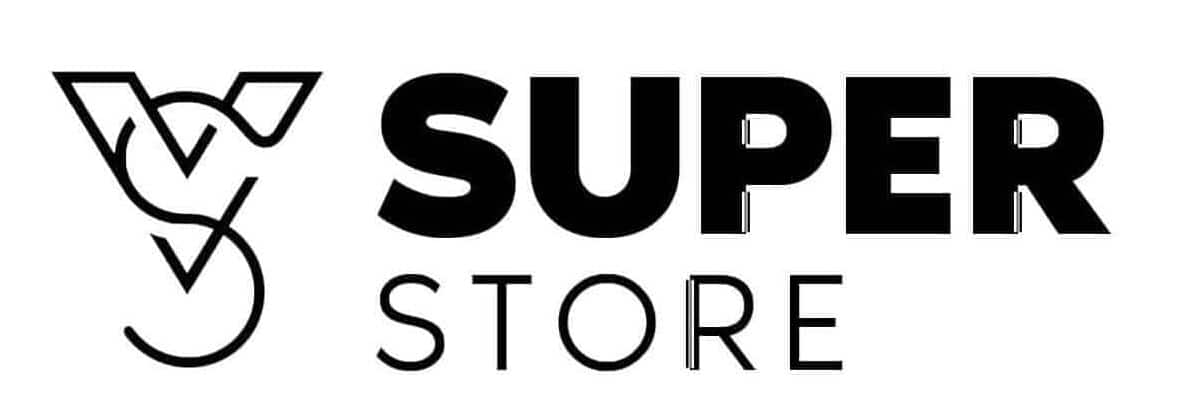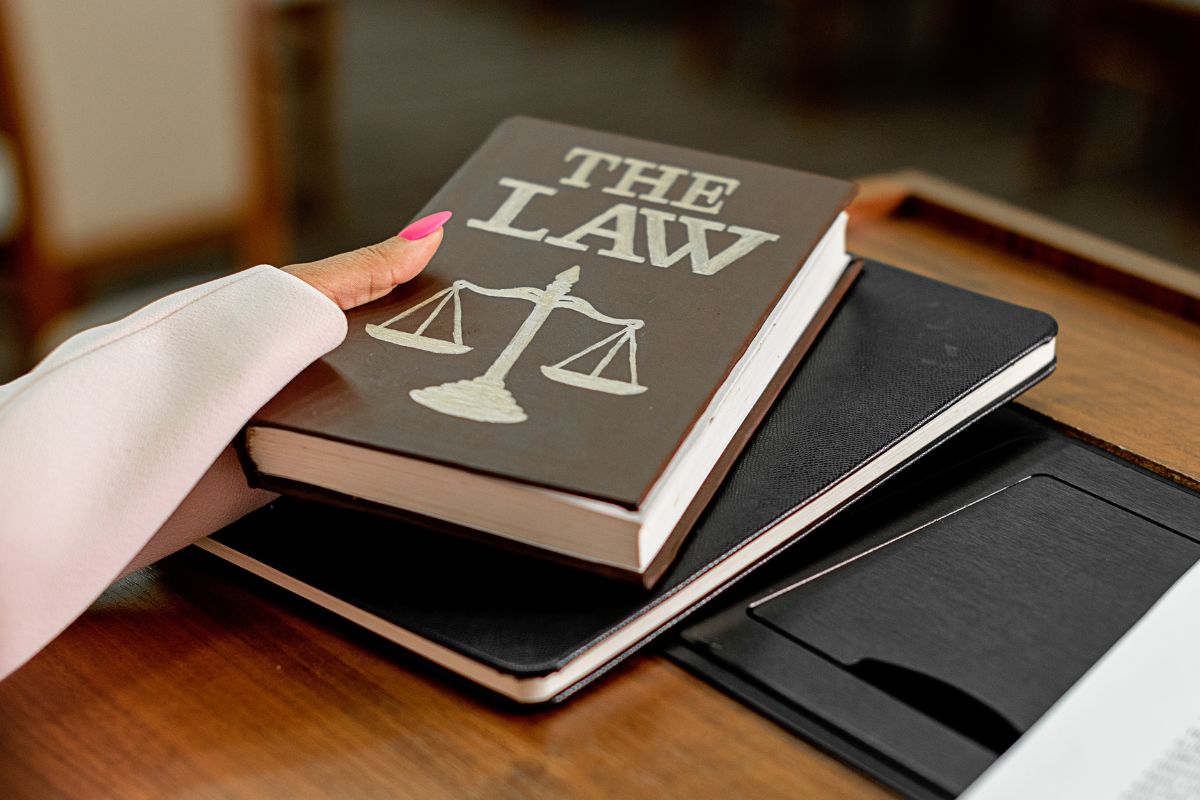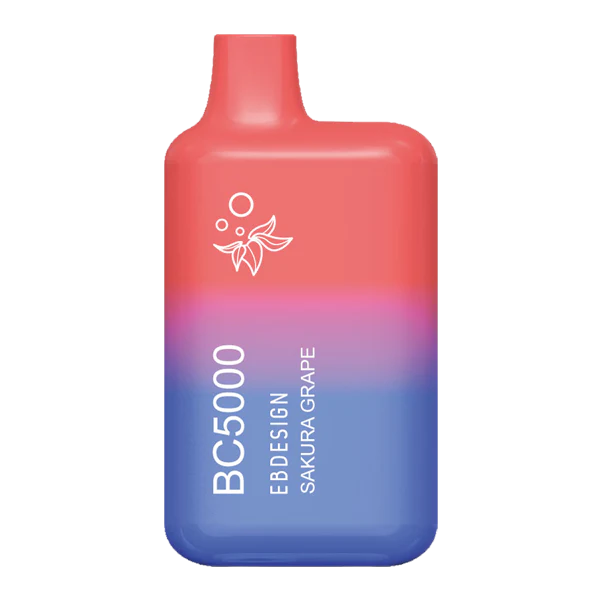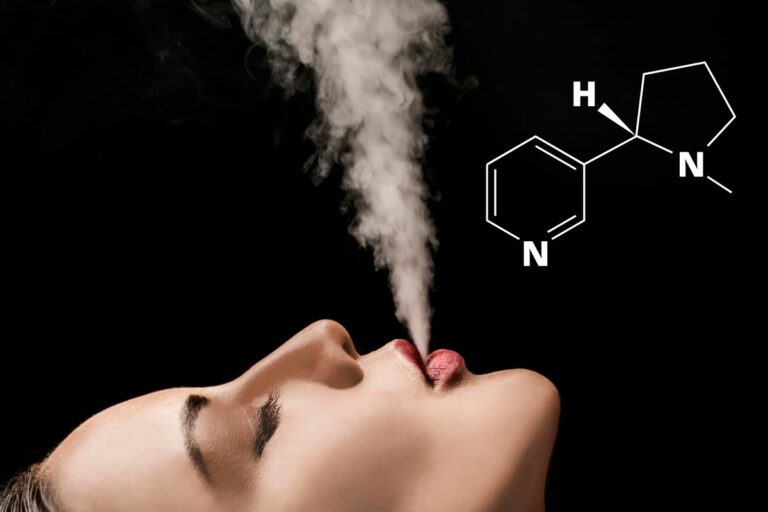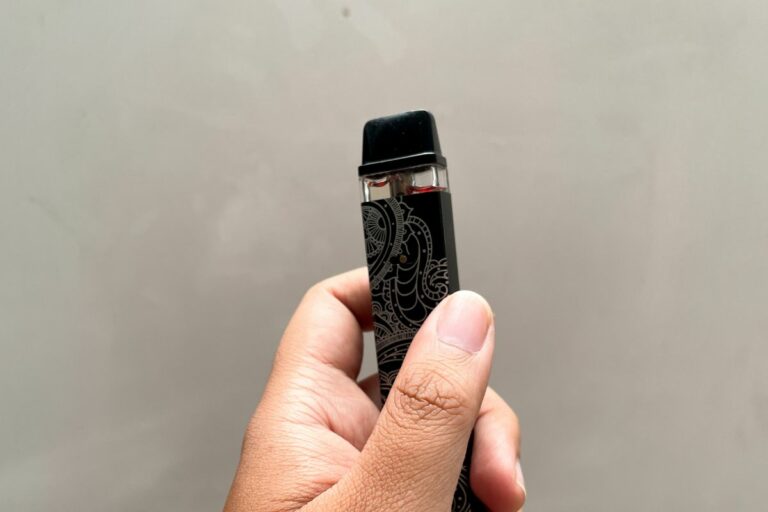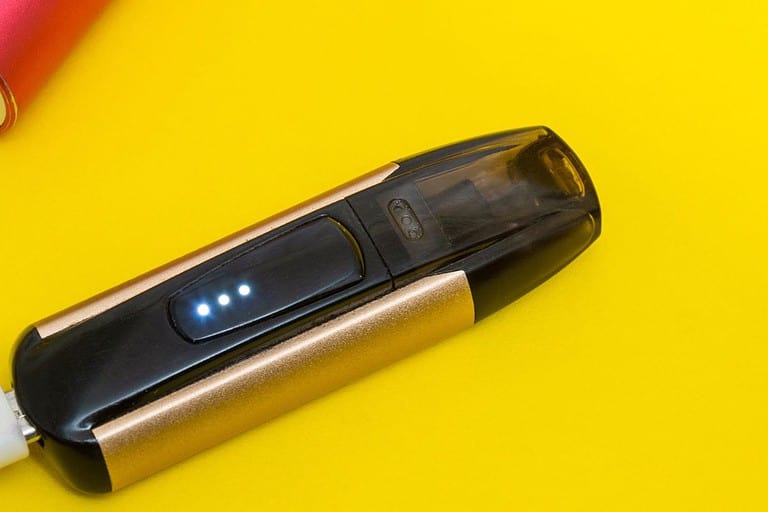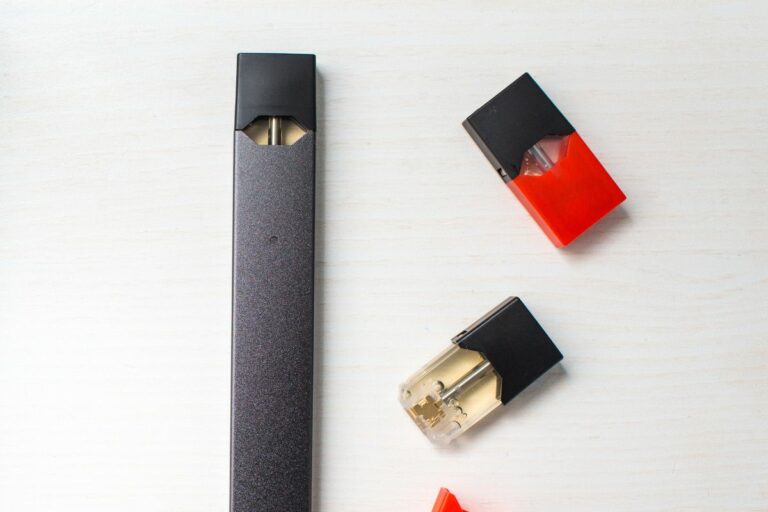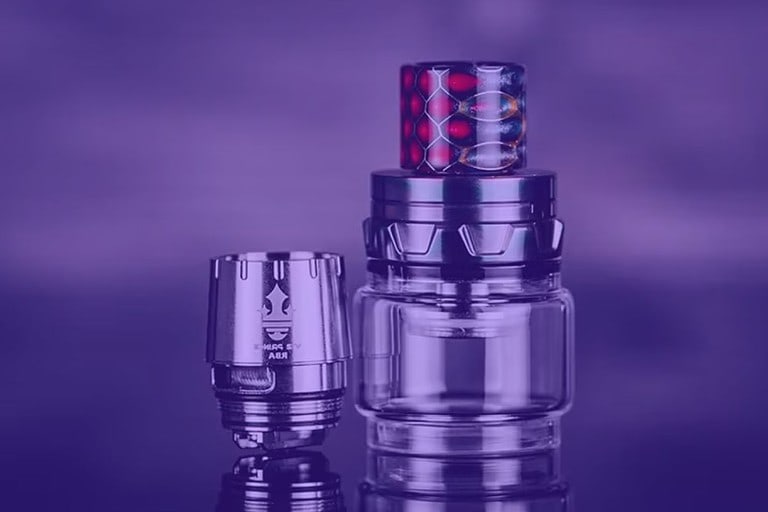Elf Bar Lawsuit: Key Facts and Updates
The Elf Bar lawsuit has recently gained attention in the world of disposable vapes, as it revolves around trademark infringement and regulatory breaches. With the rise of disposable vape pens like Elf Bar, the market has also seen a surge in counterfeit products that potentially put users at risk. Lawsuits such as the one involving Elf Bar reveal the intricate challenges faced by the industry, from identifying counterfeit products to addressing health concerns.
Disposable vapes have faced scrutiny due to their popularity among teenagers and the various health risks associated with vaping. In response to this issue, regulatory bodies like the FDA have implemented measures to control the sale of flavored e-cigarettes and ensure compliance of these products with authorization standards. This has prompted companies like Elf Bar to take legal action against copycat brands encroaching on their market share and intellectual property.
Table of Contents
Key Takeaways
- The Elf Bar lawsuit highlights issues with trademark infringement and counterfeit products in the disposable vape industry.
- Regulatory measures are in place to address health concerns and the popularity of flavored e-cigarettes among teenagers.
- Spotting counterfeit vape products, supply chain surveillance, and addressing legal challenges are ongoing efforts in ensuring consumer safety and fair competition in the market.
Elf Bar Lawsuit Details
In the Southern District of Florida, a lawsuit has been filed between Elf Bar and Ebdesign, with VPR Brands as the defendant. The core issue revolves around the alleged infringement of intellectual property rights held by Elf Bar. In response to this claim, Elf Bar has sought for both a preliminary injunction and a permanent injunction against Ebdesign and VPR Brands.
The preliminary injunction was granted by the court, which temporarily halted Ebdesign and VPR Brands from manufacturing, distributing, or selling any products that may infringe on Elf Bar’s intellectual property rights. This decision was based on the court’s determination that Elf Bar was likely to succeed in proving its case for infringement.
However, Ebdesign and VPR Brands disagreed with the court's decision and subsequently filed an appeal to challenge the preliminary injunction. Throughout the legal proceedings, both parties have presented their arguments and the court has considered each side's points in order to make an informed decision.
As the case proceeds through the Southern District of Florida, it is important to note that the outcome remains uncertain. While the preliminary injunction stands, the final ruling on the permanent injunction and the question of infringement are still subject to the court’s determination. As such, the legal battle between Elf Bar, Ebdesign, and VPR Brands continues to unfold.
Throughout the lawsuit, the parties involved have maintained a confident, knowledgeable, neutral, and clear tone of voice, which underscores the seriousness of the intellectual property dispute and the keen interest in protecting their respective rights in the matter.
NEW CUSTOMER DISCOUNT
Save 15%
15% OFF YOUR ENTIRE ORDER FOR NEW CUSTOMERS USE CODE WELCOME15!
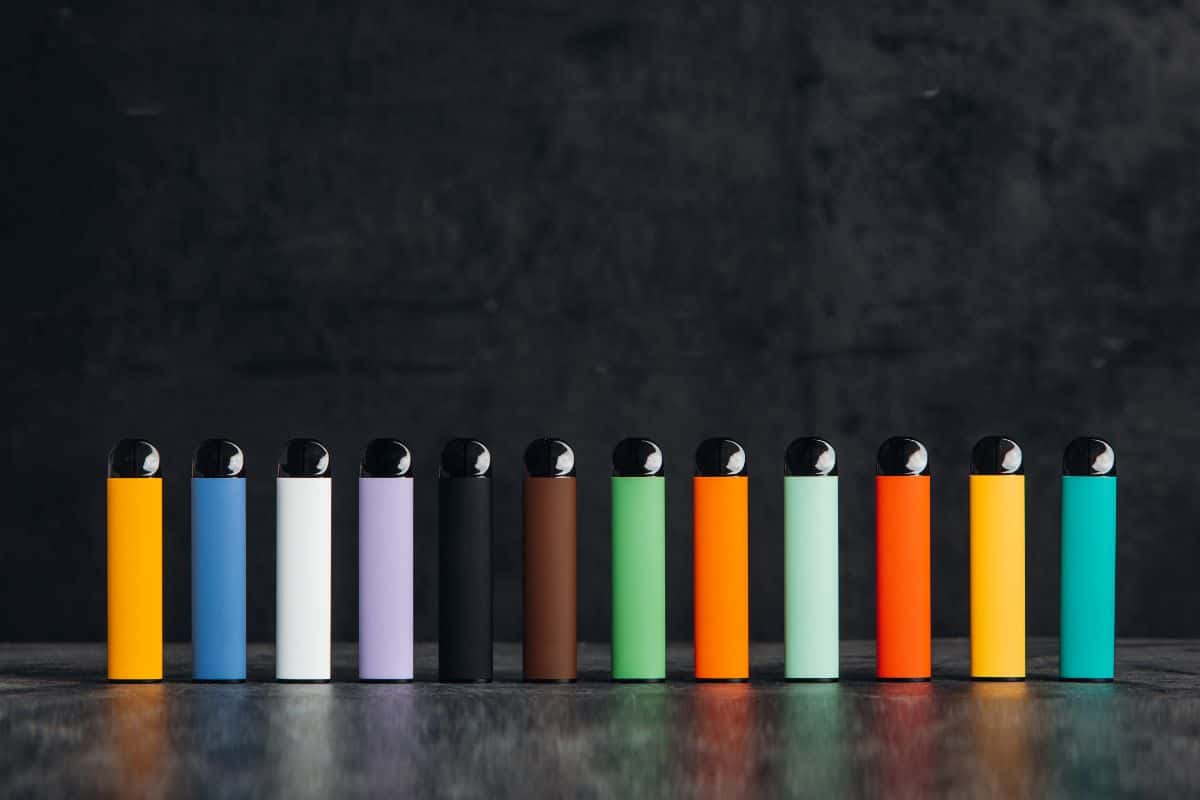

Trademark Infringement Case
In a recent trademark infringement case, the Elf Bar, a popular vaping product, has been under scrutiny. The underlying issue revolves around potential violations of U.S. trademark laws, which aim to protect intellectual property rights.
Shenzhen Weiboli Technology, a leading manufacturer in the vaping industry, has been at the center of this dispute. Their Elf Bar products have gained popularity in the United States, making the alleged infringement a matter of concern for both the company and the regulators who oversee the vaping market.
U.S. ports have played a significant role in this case, as they serve as entry points for the Elf Bar products into the country. Consequently, regulators have been forced to confront the question of whether or not these products infringe upon existing trademarks. By doing so, they aim to ensure that intellectual property rights are not being violated and that consumers are not misled by counterfeit items.
The impact of this lawsuit extends beyond Shenzhen Weiboli Technology and the Elf Bar, as it may potentially set precedence for future cases related to trademark infringement within the vaping industry. Furthermore, it highlights the importance of adhering to established regulations and respecting the intellectual property rights of other businesses.
Throughout the course of this case, both parties involved need to maintain a clear and neutral stance on the matter, which includes substantiating any claims made. To confidently navigate the complexities of U.S. trademark law, it is essential for all stakeholders to be well-informed and knowledgeable about the established legal framework and its application to the current dispute.
FDA Authorization and Regulation
The Food and Drug Administration (FDA) plays a crucial role in regulating products such as tobacco and electronic nicotine delivery systems (ENDS), including vape devices like Elf Bars. The FDA is responsible for ensuring public safety by implementing strict authorization processes for these products to prevent any potential health risks.
In recent years, the FDA has tightened regulations on ENDS, leading to increased scrutiny and challenges for businesses in the industry. One important step manufacturers must undertake is obtaining a Pre-Market Tobacco Application (PMTA) approval. This process involves a comprehensive evaluation of the product, including its ingredients, manufacturing processes, and potential impact on public health.
Compliance with FDA regulations is mandatory, and failure to meet their guidelines can result in significant consequences, such as the issuance of warning letters. These letters are sent to companies that the FDA believes are in violation of their rules, often with the goal of forcing compliance or addressing potential public health threats. It is essential for manufacturers and retailers to address any concerns indicated in these warning letters to avoid further action by the FDA, such as legal injunctions or product seizures.
The Information Resources Inc. (IRI) plays an additional role in providing market data and insights for the tobacco and ENDS industry. This research assists businesses and regulatory agencies such as the FDA in gaining a better understanding of the market landscape, trends, and consumer behaviors. This data is often useful for developing targeted regulatory strategies, understanding the impact of industry regulations, and guiding public health campaigns.
In conclusion, the FDA’s authorization and regulation of products like Elf Bars are essential for ensuring consumer safety and maintaining a responsible tobacco and ENDS market. As manufacturers navigate this evolving regulatory landscape, staying informed, and adhering to FDA guidelines is vital for their continued success.
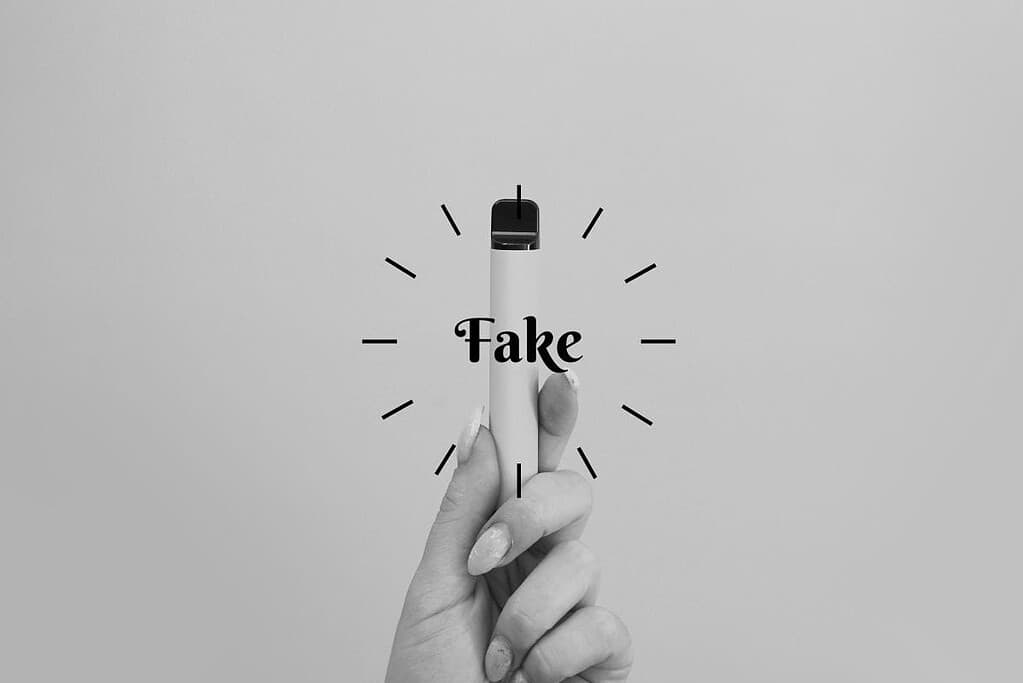
Detecting Counterfeit Elf Bars
Counterfeit Elf Bars have been a concern for genuine manufacturers and consumers alike, as these products can cause harm and infringe on the Elf trademark. To assure authenticity, anti-counterfeit codes are often used as a proven method in determining the legitimacy of products.
One of the primary methods in detecting counterfeit Elf Bars is working with trusted master distributors. These distributors have a clear understanding of the products they supply and can provide customers with accurate information about the handed products’ authenticity.
Moreover, Elf Bars' manufacturers are taking legal steps against counterfeiters, such as filing a trademark infringement dispute to protect their intellectual property (IP) and maintain the quality associated with their brand. One such case is the dispute between Lost Mary mo5000 and Shenzhen Imiracle Technology Co. Ltd. This litigation exemplifies the efforts made by the original manufacturers to curb counterfeiting and ensure their customers receive genuine products.
In addition to anti-counterfeit codes and legal actions, clear communication channels between manufacturers, distributors, and retailers are crucial in reducing the prevalence of counterfeit goods in the market. This collaborative effort can help provide a safer environment for consumers and uphold the reputation of the original brand.
Being aware of the measures mentioned above is essential for customers and retailers alike in differentiating between authentic and counterfeit products. By actively taking part in these actions, both parties can significantly contribute to minimizing the damage caused by fake Elf Bars and maintain the trust and quality associated with the genuine products.
Popularity of Elf Bars
Elf Bars have emerged as a popular choice among disposable vape enthusiasts. As a best-selling brand in the market, they gained traction due to their ease-of-use, variety of flavors, and stylish design. A key factor contributing to their success is the convenience they offer to consumers who are looking for a hassle-free vaping experience.
The BC5000 model is particularly well-received among users. Known for its sleek appearance and diverse range of flavors, this product has managed to capture a significant share of the disposable vape market. Furthermore, the model numbers corresponding to different Elf Bar editions also make it easier for consumers to identify and select their preferred choice.
Thanks to their strong presence in the industry, Elf Bars have managed to build a loyal customer base. However, it is important to note that the brand recently faced a lawsuit related to their disposable vapes. Despite the legal challenges, Elf Bars continue to be a popular option for consumers, illustrating the brand’s resilience and commitment to delivering quality products.
The Impact of Disposable Vapes on Teenagers
The rise of disposable vapes has significantly impacted teenagers, as these devices are often easily accessible and come in a variety of flavors that appeal to a younger audience. Many convenience stores and vape shops have started stocking these flavored disposable products, fueling a multibillion-dollar vaping industry.
Government researchers have been closely studying the effects of disposable e-cigarettes on teenagers, as it has become a growing public health concern. One of the findings includes the increased risk of nicotine addiction due to the high levels of nicotine present in many disposable vapes. This addiction can affect the developing adolescent brain and lead to long-term health consequences.
With the proliferation of e-cigarette brands offering disposable options, the vaping sales have skyrocketed in recent years. However, this has led to a worrisome trend of increased teenage usage. Vape companies target young audiences with colorful packaging and sweet flavors, making disposable vapes even more enticing for teenagers.
Moreover, these devices can be found in many convenience stores, making them more accessible to youths who may not be old enough to purchase traditional tobacco products legally. This easy access, combined with their addictive nature and appealing flavors, has contributed to a concerning rise in teenage vaping.
To address this issue, lawmakers and public health officials are working together to implement stricter regulations regarding the sales and marketing of these products. By doing so, they aim to reduce the attractiveness of disposable vapes to teenagers and minimize the negative health impacts associated with their use. However, despite these efforts, the challenge of tackling this problem within the rapidly growing vaping industry persists.
Health Concerns and Regulations
Electric Litigation Forum (ELF) bars have recently faced lawsuits due to various health concerns and regulatory issues surrounding their products. The Center for Disease Control and Prevention (CDC) and organizations like the Truth Initiative have raised concerns regarding the safety of ELFs and similar products.
Reynolds American and JUUL, two major players in the industry, have been scrutinized for their marketing tactics targeting younger audiences. As a result, the rapid increase in users, especially among teens, has alarmed health professionals and regulatory authorities.
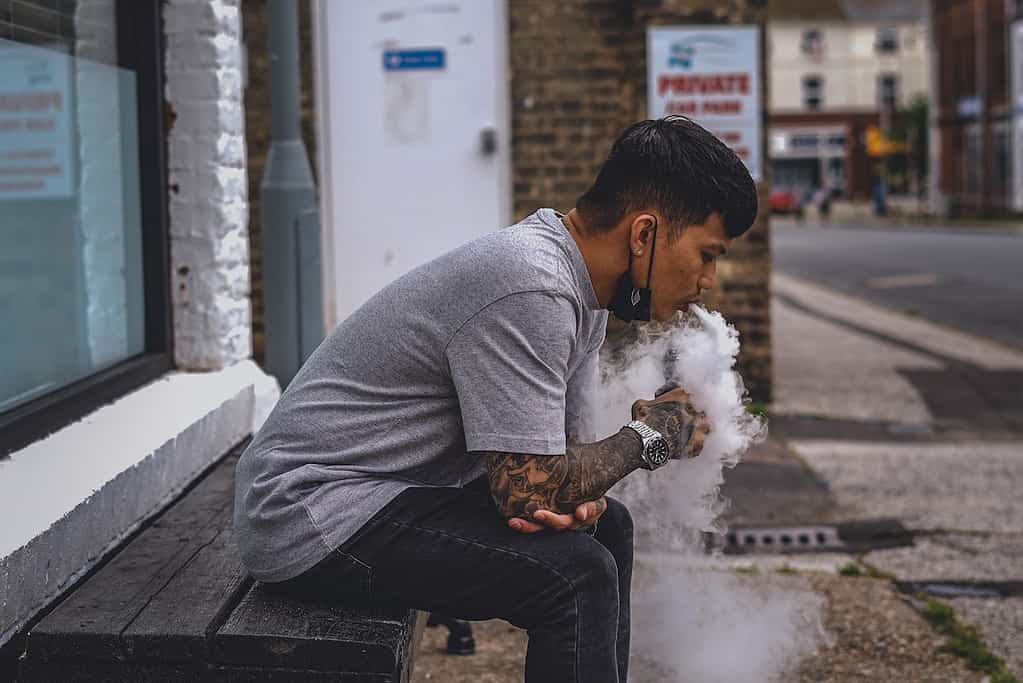
Poison centers have reported a surge in calls related to liquid nicotine products, like those used in ELF bars. Ingestion or exposure to liquid nicotine can lead to symptoms like seizures, convulsions, vomiting, and even brain injury. The risk is particularly high for young children accidentally exposed to these harmful substances.
In response to the health threats posed by ELF bars and similar products, regulatory agencies have taken actions to protect public health. The CDC recommends stricter regulations and control measures, such as limiting access to minors, ensuring proper labeling and child-resistant packaging, and closely monitoring the products’ health effects.
Moreover, organizations like the Truth Initiative work tirelessly to spread awareness about the dangers of ELF bars and vaping. They collaborate with public health officials, researchers, and educational institutions to gather and share relevant information.
In conclusion, the ongoing ELF bar lawsuit brings attention to the crucial health concerns and regulatory challenges surrounding the industry. It is crucial for manufacturers, regulatory bodies, and public health organizations to address these issues and ensure the safety of consumers.
Puff Bar and Other Copycat Brands
In recent years, there has been a rise in copycat e-cigarettes, with Chinese firm iMiracle Shenzhen being one of the leading manufacturers. Their products, such as the Elf Bar, closely resemble popular e-cigarette brand Puff Bar in both design and function.
Puff Bar gained popularity with its sleek, disposable design that offers cartridge-based reusable e-cigarettes in a wide range of flavors. However, this surge in popularity also led to the emergence of numerous copycat brands, many of which are manufactured by iMiracle Shenzhen. These competing products often have a similar appearance and feature an extensive array of flavors, including menthol.
Unfortunately, the rise in counterfeit and imitation e-cigarette products has sparked concerns about quality and safety. Puff Bar and other reputable brands invest in meeting industry standards, while it can be challenging to assess the quality and safety of copycat e-cigarettes. This raises concerns among consumers and regulators, as many individuals may accidentally purchase or use lower-quality devices without realizing.
The situation has led to legal action, such as lawsuits targeting copycat brands like Elf Bar. As the e-cigarette industry continues to evolve, it is essential for consumers to stay informed about the products they use and be cautious when making purchasing decisions, particularly when it comes to unfamiliar brands and manufacturers.
Flavored E-cigarettes and Changing Regulations
In recent times, flavored e-cigarettes have been a major topic of discussion amongst regulators and the public, particularly due to a growing concern about the appeal of these products to young people. A significant shift in the e-cigarette industry has emerged as lawmakers and regulators focus on reducing youth access to these products. This has led to changes in the regulation of e-cigarettes, including the distinction between laboratory-made nicotine and tobacco-derived nicotine.
| Adults and Flavored E-cigarettes: One key argument for the continued availability of flavored e-cigarettes is that these products help adult smokers transition from smoking traditional tobacco products to a less harmful alternative. On the other hand, there is concern that candy-flavored and other flavored e-cigarettes are attractive to non-smoking youth and may lead to nicotine addiction. |
| Laboratory-made Nicotine vs. Tobacco-derived Nicotine: E-cigarettes typically contain nicotine, and there are two primary sources of nicotine for these products: laboratory-made synthetic nicotine and tobacco-derived nicotine. Congress and other regulators have been closely scrutinizing the differences between these types of nicotine, as each has its own implications for public health and safety. |
| FDA Applications and Compliance: E-cigarette manufacturers are now required to submit applications to the Food and Drug Administration (FDA) to keep their products on the market. These applications must demonstrate that their products meet specific safety and public health standards. Companies that fail to do so may face legal consequences and the removal of their products from U.S. stores. |
| Candy-flavored E-cigarettes: Candy-flavored e-cigarettes, such as cotton candy and fruit flavors, are particularly controversial, as they are thought to target young people and can lead to increased e-cigarette use among this demographic. Regulations surrounding these flavors have been changing, as lawmakers and public health officials continue to evaluate their impact on public health. |
As regulations around flavored e-cigarettes evolve, both manufacturers and consumers must stay informed about changing rules and guidelines in order to navigate this complex landscape. The ultimate goal remains to strike a balance between ensuring the public’s health, particularly that of young people, while still providing adult smokers with potentially less harmful alternatives to traditional tobacco products.
Counterfeit Production and Supply Chain
The counterfeit production of vaping products, such as Elf Bars, poses a significant threat to the quality and safety of these devices. These fake products often exploit loopholes in the supply chain and capitalize on the popularity of legitimate vaping devices to enter the market. The United States District Court, under the jurisdiction of Judge Aileen Cannon, has been addressing cases related to this issue.
One such case involves the company iMiracle Technology Co. Ltd, which has been accused of producing and distributing counterfeit vaping pipes. The effects of counterfeit production on the vaping industry can be summarized as follows:
- Quality concerns: The production of counterfeit vaping devices often results in products of inferior quality. These fake products may not meet the necessary safety standards, putting consumers at risk.
- Loss of revenue: Counterfeit products can lead to a loss of revenue for legitimate manufacturers and retailers. This loss can negatively impact their ability to invest in research and development, ultimately harming industry growth and innovation.
- Damage to brand reputation: Consumption of low-quality counterfeit products may tarnish the reputation of legitimate brands, making it difficult for them to build trust with consumers and maintain loyalty.
To curb the issue of counterfeit production and protect consumers, it’s essential for manufacturers, distributors, and retailers to work together in identifying and eliminating fake products from the market. This collaborative effort can help ensure that vaping devices are safe, high-quality, and reliable for consumers to use.
Browse popular vape collections:
- Nicotine Disposables
- 2000 Puff Nicotine Disposable Vapes
- 2500 Puff Nicotine Disposable Vapes
- 5000 Puff Nicotine Disposable Vapes
- 6000 Puff Disposable Nicotine Vapes
- 7000 Puff Nicotine Disposable Vapes
- Disposable Vape Deals
- Best Vape Brands
- 8000 Puff Nicotine Disposable Vapes
- 9000 Puff Nicotine Disposable Vapes
- 5% Nicotine Disposable Vapes
- Rechargeable Nicotine Disposable Vapes
- Vape Coils
- Dab Wax Pens
- Dab Wax Pen Battery
- Yocan Vapes
- Vape Cases
Frequently Asked Questions
Why did Elf Bar face a lawsuit?
Elf Bar faced a lawsuit due to various reasons depending on the specific case. Since there is limited information available on the subject, it is difficult to provide a detailed explanation.
What was the outcome of the Elf Bar lawsuit?
The outcome of the Elf Bar lawsuit is not quite clear from the available sources. However, as with many legal disputes, it’s possible that the outcome varied depending on the nature of the case and the jurisdiction in which it was filed.
Did Elf Bar face a recall due to the lawsuit?
There is no clear evidence to suggest that Elf Bar faced a recall due to the lawsuit. Without further information on the specifics of the case, it’s not possible to provide a definitive answer to this question.
What are the side effects of Elf Bars involved in the lawsuit?
As the details of the lawsuit and the specific claims around Elf Bars are not easily accessible, it is difficult to comment on the side effects. Further information would be required to answer this question accurately.
Are Elf Bars banned in any locations due to legal issues?
Based on the limited information available, it’s not clear if Elf Bars are banned in any locations due to legal issues. It is important to note that local laws and regulations regarding such products can vary widely depending on the area.
What is the situation surrounding FDA approval of Elf Bars?
The situation with FDA approval of Elf Bars is uncertain as well. Since the specifics of the lawsuit and the product itself are not widely available, the approval status of Elf Bars cannot be accurately determined at this time.
Resources:
- https://www.hopkinsmedicine.org/health/wellness-and-prevention/5-truths-you-need-to-know-about-vaping
- https://www.collinsdictionary.com/submission/24952/elf+bar
- https://www.forbes.com/health/body/health-effects-e-cigarettes/?_ga=2.21817723.1724371659.1681286262-1699932226.1672148734
- https://www.grandviewresearch.com/industry-analysis/vape-cartridge-market
- https://www.cdc.gov/tobacco/basic_information/e-cigarettes/pdfs/ecigarette-or-vaping-products-visual-dictionary-508.pdf
- https://en.wikipedia.org/wiki/Electronic_cigarette
